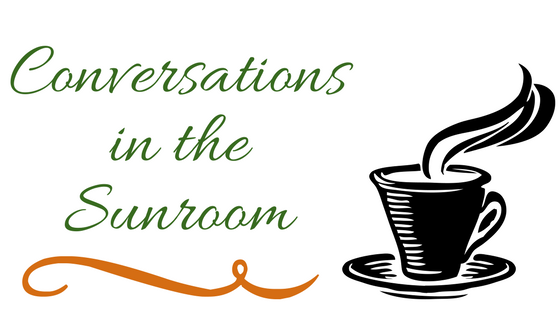It’s been almost 3 months since I deactivated my Facebook account and I haven’t missed it at all. That’s right, I do not miss Facebook. The obvious positives have been 1) I have more time to do other productive things (paint by numbers!), 2) I am less stressed reading about our sad current affairs and 2) I am less distracted at work and in life in general.
In this short time I have realized that the information I was consuming from Facebook is information that I do not need in my life. It was causing me undue stress and anxiety for no reason. I am also happier or at least mentally a little healthier because I am not constantly comparing my life to others.
The other fear that most people have of deactivating Facebook is missing out on events and activities. But I actually planned more activities with my friends and spent more quality time with people in the last three months. I cannot say for certain that not being on Facebook was the cause of my increased social interaction, but what it did tell me is that Facebook was not the driving force behind keeping me connected with my friends. Other forms of communications – texts, calls, WhatsApp, messages, emails even are my primary methods of communicating and organizing with my close circle of family and friends. Facebook might be a better platform for organizing and sharing information with larger groups, but for my needs it isn’t the best platform.
I’ve recently started listening to podcasts on my quest to get to the bottom of the feelings of anxiety and restlessness. I came across a podcast on the exact topic of too much social interaction and the impact that it has on our happiness. If you want to learn more, check out Hidden Brain: NPR. The episode is titled “Prisons of Our Own Making.”
The overall podcast is amazing as it seeks to help people demystify their brains and behavior using science and real world stories. More on this podcast later, but in this episode the host, Shankar Vendantam, explores the impact that extreme social interaction, in this case excessive Facebook usage, has on one’s happiness. Research is slowly starting to show a correlation and causation between increased social media usage and lower levels of happiness. The episode certainly validated the feelings I was having about constantly benchmarking my life against those curated on social media.
I am going to continue my Facebook free life for the time being. And once my mind is better trained to engage with Facebook again with a screen of this is not the total reality of people’s lives and there is no need to compare my life to others, I will rejoin. There is a benefit to staying in touch with my family and friends who I do not see on a regular basis. Until then sayonara Facebook.

